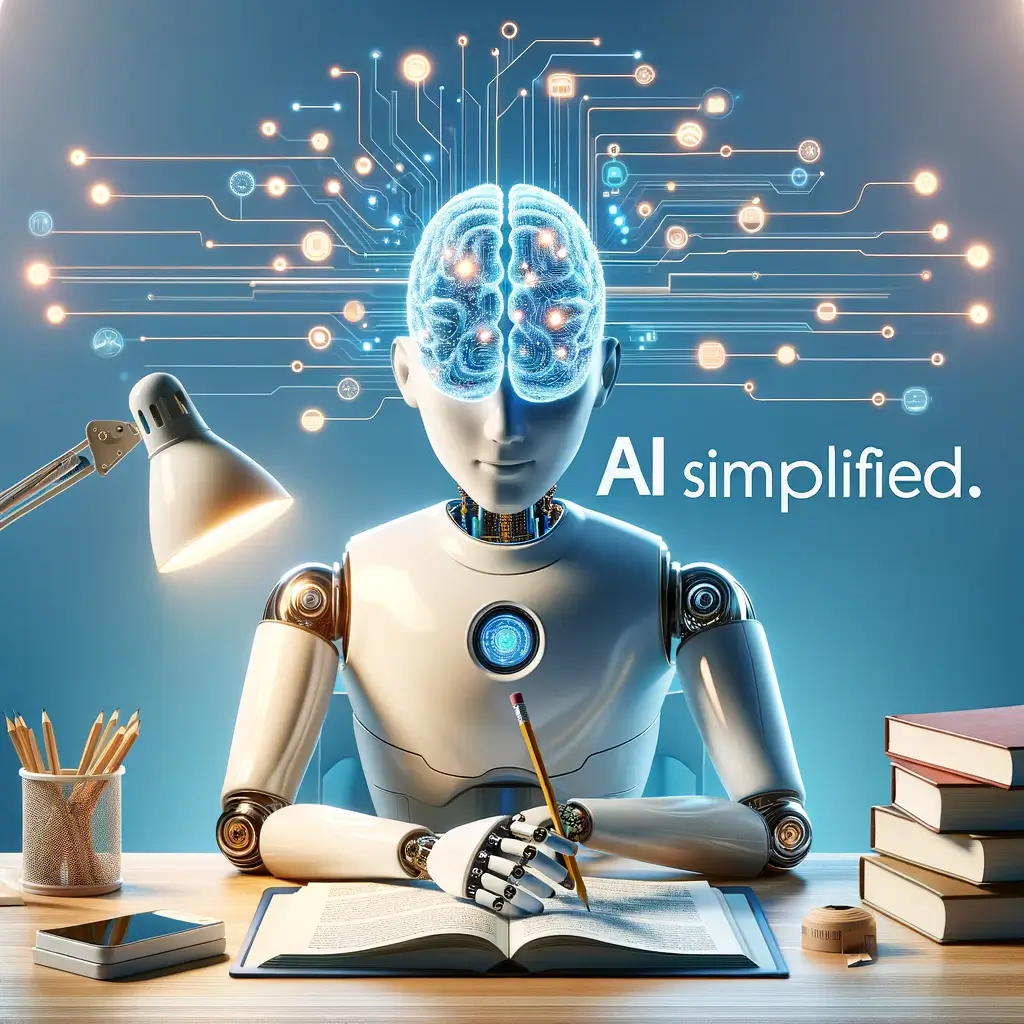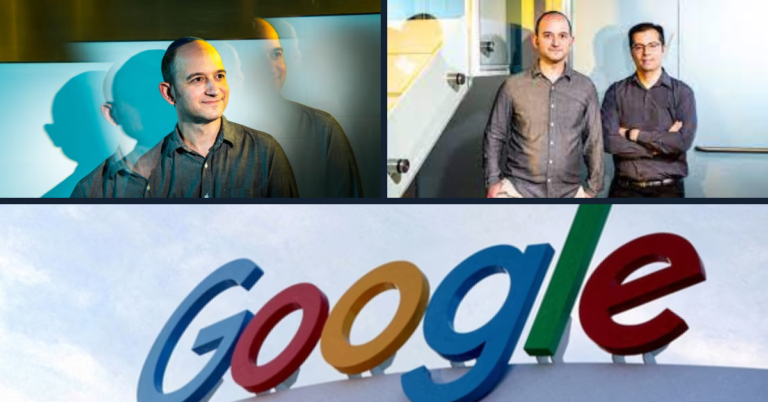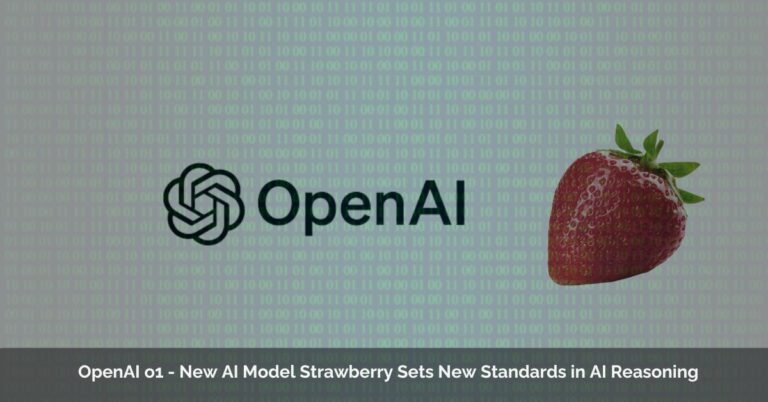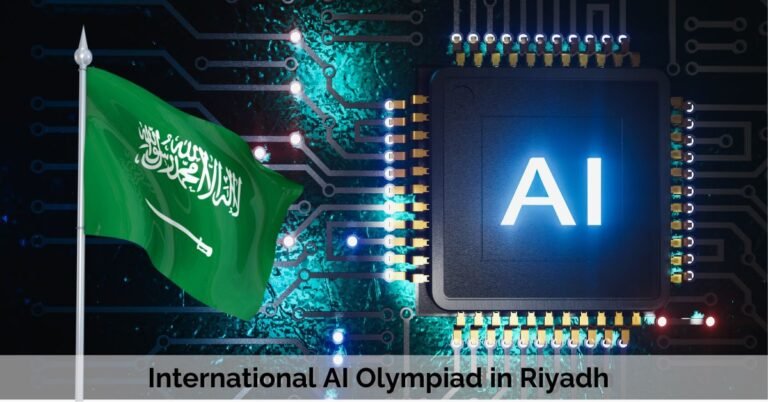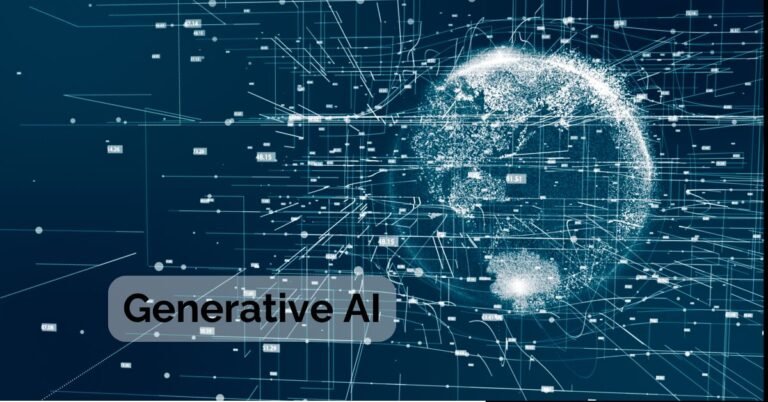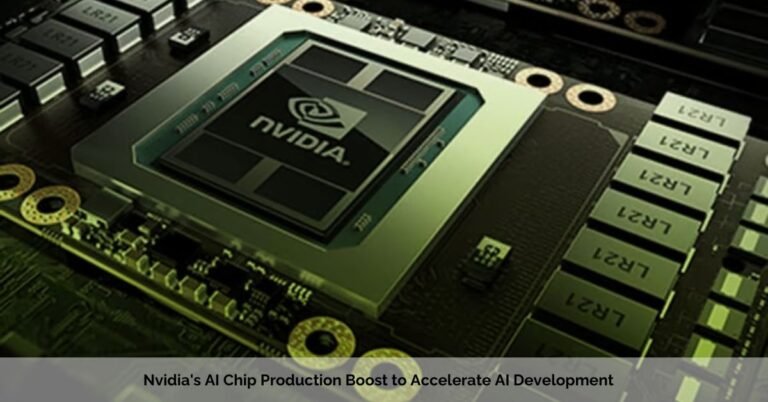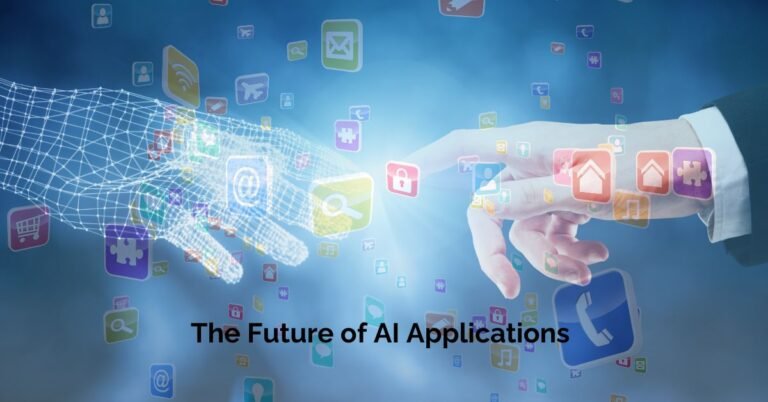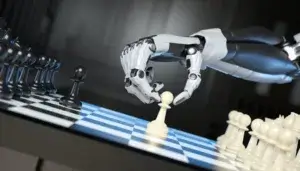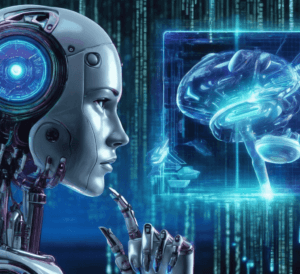Introduction
Artificial intelligence (AI) is a wide-ranging branch of computer science concerned with building intelligent machines capable of performing tasks that typically require human intelligence.
It is a rapidly evolving field with many applications, impacting various aspects of our lives, from healthcare and transportation to education and entertainment.
Definition Of Artificial Intelligence
AI can be defined as a digital computer or machine’s ability to perform tasks commonly associated with intelligent beings. This includes learning and understanding information, reasoning, problem-solving, making decisions, and adapting to new situations.
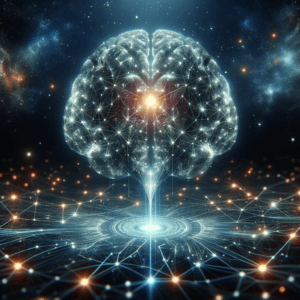
Examples of AI
AI is already embedded in numerous technologies we use daily, including:
- Virtual assistants: Siri, Alexa, Google Assistant
- Self-driving cars: Tesla Autopilot, Waymo Driver
- Facial recognition: Used in security systems and social media platforms
- Medical diagnosis: AI algorithms assist doctors in analyzing medical images and patient data
- Fraud detection: Identifying suspicious transactions in financial systems
- Personalized recommendations: Recommending products, movies, and music based on user preferences
Types of AI
There are two main types of AI:
- Narrow AI (Weak AI): Also known as artificial narrow intelligence (ANI), this type of AI is designed to perform specific tasks or solve specific problems. Today, it is the most common type of AI, including virtual assistants, self-driving cars, and facial recognition systems.
- Artificial General Intelligence (AGI) or Strong AI: This hypothetical type of AI would possess human-level intelligence, capable of understanding and reasoning at the same level as a human. AGI does not yet exist, but it is a long-term goal of AI research.
Characteristics of AI
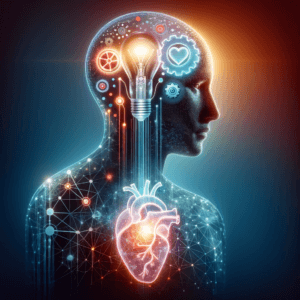
AI systems typically exhibit the following characteristics:
- Learning: AI systems can learn from data, experience, or instructions, improving their performance over time.
- Problem-solving: AI systems can analyze information and identify patterns to solve problems or make decisions.
- Adaptation: AI systems can adapt to new situations and environments, adjusting their behavior accordingly.
- Interaction: AI systems can interact with the world, perceiving and responding to stimuli.
Pros and Cons of AI
Pros:
- Increased efficiency and productivity: AI can automate tasks, reducing human labor and improving efficiency.
- Improved decision-making: AI can analyze large amounts of data to identify patterns and make informed decisions.
- Discoveries and innovations: AI can assist in scientific research and technological advancements.
- Enhanced accessibility: AI can provide services and tools to individuals with disabilities.
Cons:
- Job displacement: AI automation could lead to job losses in specific industries.
- Algorithmic bias: AI systems may perpetuate biases in the data they are trained on.
- Privacy concerns: AI systems that collect and analyze personal data raise privacy concerns.
- Ethical considerations: The development and use of AI raise ethical questions about responsibility, control, and potential misuse.
Impact of AI on the Future
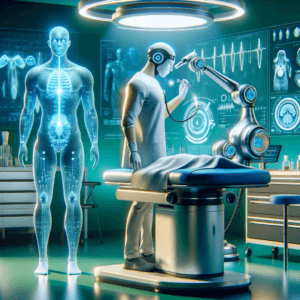
AI is expected to profoundly impact the future, transforming various aspects of our lives. Here are some potential impacts:
- Healthcare: AI-powered diagnostics, personalized treatment plans, and robotic surgery are expected to revolutionize healthcare.
- Transportation: Self-driving cars, autonomous drones, and intelligent traffic systems could transform transportation, making it safer and more efficient.
- Education: AI-powered tutoring systems, adaptive learning platforms, and virtual classrooms could personalize education and enhance learning outcomes.
- Workplace: AI automation could change the nature of work, requiring new skills and creating new job opportunities.
- Society: AI could impact social interactions, communication, and decision-making processes at a societal level.
Conclusion
AI is a rapidly evolving field with the potential to impact various aspects of our lives significantly. As AI research and development continue, it is crucial to consider the ethical implications, potential risks, and societal impacts of these technologies to ensure that AI is used for the benefit of humanity.
FAQs
What is AI in simple words?
AI, or artificial intelligence, is the ability of a computer to perform tasks that typically require human intelligence. This includes things like learning, understanding, and reasoning. AI is already used in many applications, from self-driving cars to medical diagnosis.
What is AI explained?
AI is a broad field of study that seeks to create intelligent machines that can think and act like humans. AI research has successfully developed effective techniques for solving a wide range of problems, from game playing to medical diagnosis.
What is AI used for?
AI is used in a wide variety of applications, including:
- Self-driving cars: AI is used to control the navigation and decision-making of self-driving cars.
- Medical diagnosis: AI analyzes medical images and patient data to help doctors make diagnoses.
- Fraud detection: AI is used to identify suspicious transactions in financial systems.
- Virtual assistants: AI powers virtual assistants like Siri and Alexa.
- Personalized recommendations: AI recommends products, movies, and music based on user preferences.
What are the four types of AI?
The four main types of AI are:
- Narrow AI (Weak AI): Narrow AI is designed to perform specific tasks or solve problems. It is the most common type of AI in use today.
- Artificial General Intelligence (AGI): AGI is a hypothetical type of AI that would possess human-level intelligence and be able to perform any intellectual task that a human can. AGI does not yet exist, but it is a long-term goal of AI research.
- Reactive Machines: Reactive machines are the simplest type of AI. They are designed to respond to stimuli in their environment without memory or understanding the world around them.
- Limited Memory Machines: Limited memory machines can store and use past information to make decisions. This allows them to be more complex than reactive machines, but they must improve their ability to understand and reason.
Who created AI?
AI is a field of study with many contributors, but some of the most influential pioneers include:
- Alan Turing: Turing was a British mathematician and computer scientist who is considered the father of theoretical computer science and artificial intelligence.
- John McCarthy: McCarthy was an American computer scientist considered one of the founders of artificial intelligence.
- Marvin Minsky: Minsky was an American cognitive scientist and computer scientist who was one of the founders of the MIT Artificial Intelligence Laboratory.
- Geoffrey Hinton: Hinton is a British computer scientist considered one of the fathers of deep learning.
- Yann LeCun: LeCun is a French computer scientist considered one of the fathers of convolutional neural networks.
What is AI with an example?
AI is used in a wide variety of applications, so many examples of AI are in use today. Some examples include:
- Self-driving cars: Self-driving cars use AI to control their navigation and decision-making.
- Medical diagnosis: AI analyzes medical images and patient data to help doctors make diagnoses.
- Fraud detection: AI is used to identify suspicious transactions in financial systems.
- Virtual assistants: AI powers virtual assistants like Siri and Alexa.
- Personalized recommendations: AI recommends products, movies, and music based on user preferences.
Why was AI created?
AI was created to create intelligent machines that could solve problems and perform difficult or impossible tasks for humans. AI has the potential to revolutionize many industries and improve people’s lives in many ways.
When was AI invented?
The field of AI was founded in 1956 at a conference at Dartmouth College. However, the idea of creating intelligent machines has been around for centuries.
Does AI have an app?
AI is used in various apps, from self-driving car apps to virtual assistant apps. Many apps allow users to interact with AI chatbots or play AI-powered games.

